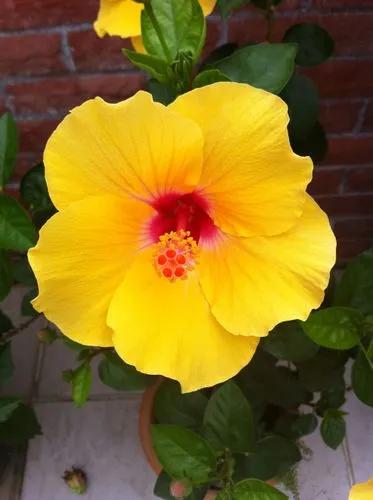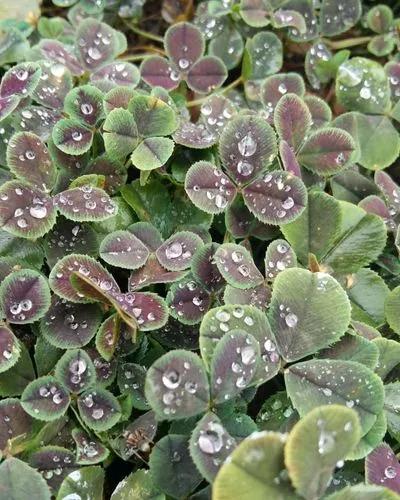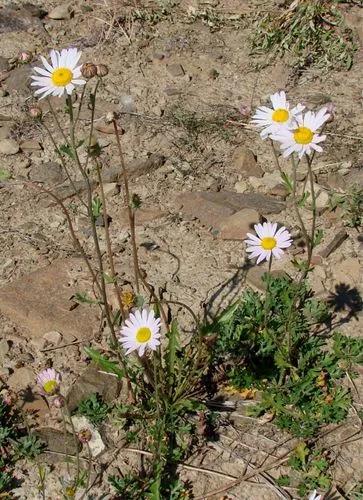Check out the incredibly beautiful Common Poppy wildflower. This flower is a total eye-catcher and has been inspiring poets and beautifying landscapes for ages. During summer, you can see fields full of these bright red flowers swaying in the breeze. It's a sight to behold!
Common Poppy Care
Papaver Rhoeas



The Common Poppy, also known as Papaver rhoeas, is a wildflower that's super popular worldwide. It's originally from Europe, but people love it everywhere, from meadows to gardens to war memorials. It's got slender stems, which can reach 1-2 feet (30-60 cm), feathery foliage, and those iconic gentle-petaled blooms in red, pink, or white. They're annual wildflowers, so they're perfect for USDA zones 3 to 9. But watch out, they can become invasive and harm native flora if they're not kept in check.
How to Care for the Plant

Container

These plants love living in open spaces, but you can grow them in containers too. Just make sure the pot is deep enough, at least 8 inches (20 cm) deep, so that the roots have enough room to grow.

Fun fact

During World War I, this Poppy flower grew on the graves of the soldiers who lost their lives in Flanders, Belgium. This became a powerful symbol of remembrance and hope, and the red flower became a symbol of these ideals.

Popularity

1,391 people already have this plant 411 people have added this plant to their wishlists
Discover more plants with the list below
Popular articles






